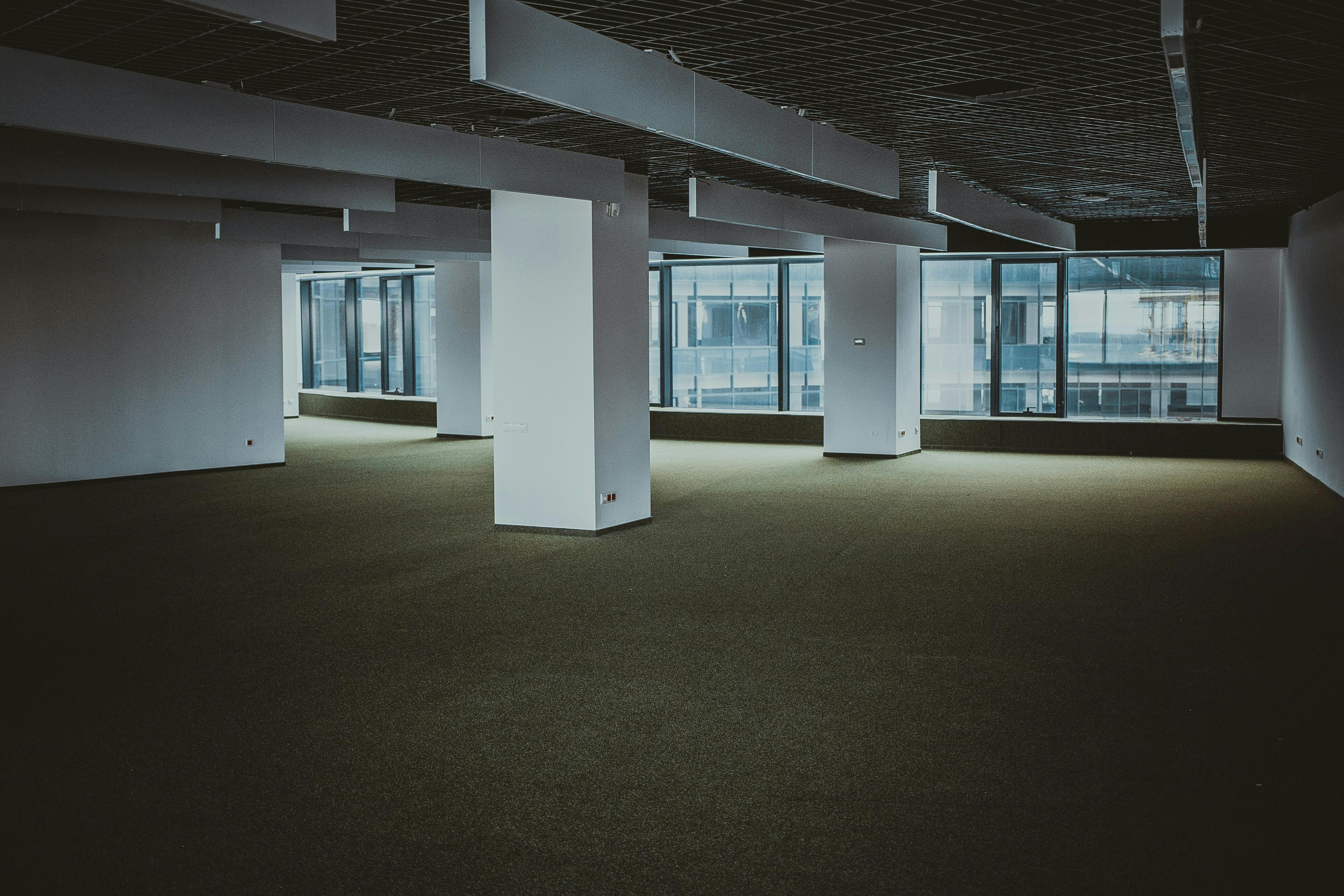
Debunking the Myths of Guardianship
November 19, 2019
In May 2018 the Ministry of Housing, Communities and Local Government, a department of HM Government, released a ‘fact sheet’ aiming to give potential guardians ‘advice’. However, it appears to be strongly biased against guardianship and fails to factor in this alternative method of housing as a healthy option for skilled professionals. The reality is that many key workers in the UK simply cannot afford to live in London without the option of guardianship. While the report may have been well-intentioned – it’s time to put the record straight:
Myth #1 – Properties that Guardians protect are unsafe.
“[properties available to guardians] may be industrial or commercial buildings and in poor, unsafe and unclean condition with poor physical security and limited access to facilities. Areas of the same building may be licenced to different guardians, who may then be required to share facilities. Even where residential buildings are used, they can also be in poor condition and may have similar security and safety concerns.” HM Government 30 May 2018
While we can’t speak on behalf of other providers of property guardian services, LIG strictly ensures that every square inch of properties secured by our guardians are safe, secure and above all – habitable. The quote above paints a picture that couldn’t be further from the truth. We don’t charge fees to landlords, meaning that our revenue stems from the (way-below market rate) licence fee from guardians. So, it’s both our obligation, and in our business interest to keep our guardians happy, safe, and well. Live-in-Guardians has it’s very own maintenance and habitability team that ensures that every property our guardians protect is liveable. What does that mean? It means new installations of kitchen areas, showering facilities and adequate toilets and washrooms enabling guardians can make the property a home. A picture tells a thousand words, and we’ve got loads of them on our Property Guardians Instagram!
Myth #2 – Guardian companies will shamelessly pocket guardians’ deposits.
“Guardian companies are not required to protect the deposits of property guardians within a government-approved scheme if guardians have a licence agreement, rather than an assured shorthold tenancy agreement.” HM Government 30 May 2018
Guardians do not pay a deposit on entering a licence to occupy one of the properties we manage. They do pay a DSP, Damage Security Payment which is similar to a deposit in that it is intended to serve as a reserve fund in case that a licensee (guardian) causes damage to the property through their own negligence. As it isn’t a tenancy deposit, it’s not in a deposit protection scheme. This is due to the reality that sometimes we need to move guardians to different properties quickly at a landlord’s request and if damage is found it must be rectified quickly using available funds. The alternative to a DSP would be guardians receiving unexpected bills – which may result in financial difficulties and debt. This way – the funds are at hand, used only for damage repairs caused by negligence (as mistakes happen!) and all or part (depending on damages) of the deposit is repaid as soon as possible.
And sadly…
“The government does not endorse or encourage the use of property guardianship schemes as a form of housing tenure.” HM Government 30 May 2018
First-off, Guardians are Licencees – not tenants. This means that laws protecting tenants (such as right to occupy, right to notice to evict etc) do not apply to guardians; this is absolutely critical to the guardianship model as the landlord must be able to take possession of their property in order to sell it, or move commercial or industrial tenants in. This offsets the huge reduction in licence fees Guardians pay, and consequently allows those people to work, live, and contribute to communities that they simply would not have been able to afford without the property guardianship model. We’re still in a housing crisis, and housing prices in London and the South East are astronomically high. We’re providing a service to help those who don’t come from privilege, who work in, and for, some of the greatest cities in the UK – and it’s a shame that the government doesn’t promote this great incentive. Our guardians’ matter to us and we will continue to provide this great solution to the housing crisis and public need. Tell us what you think here!
More news from Live-in Guardians

Live-in Guardians Highly Commended in the Social Impact Initiative of the Year Award at the 2025 Estates Gazette Awards

Live-in Guardians Shortlisted for Social Impact Initiative of the Year at Estates Gazette Awards 2025


